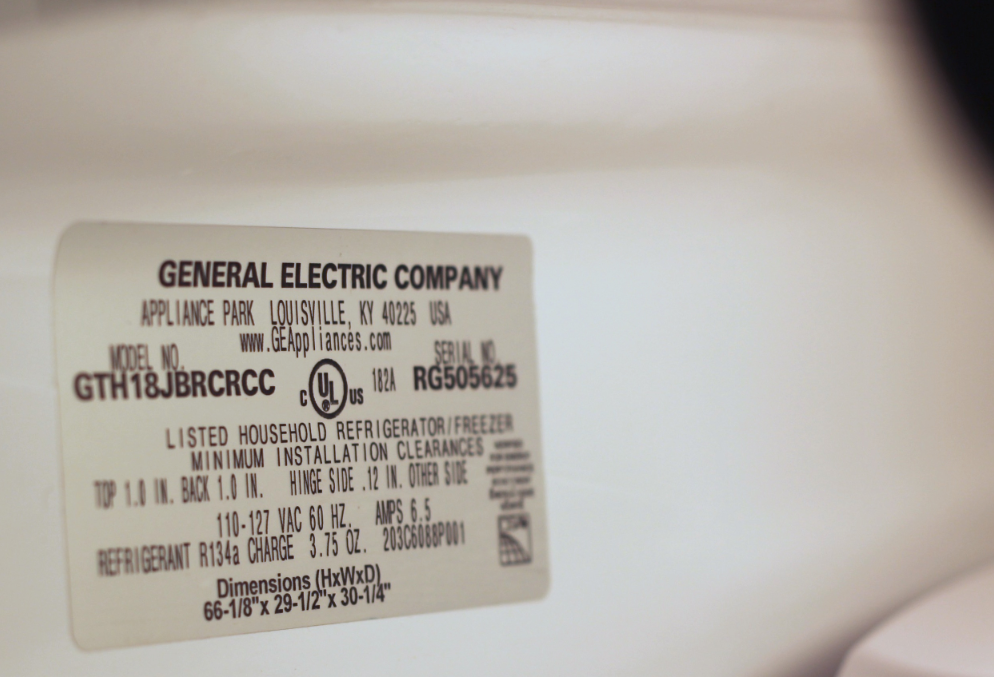In today’s globalized economy, businesses face a myriad of regulatory requirements and product standards in order to access new markets. One such standard is the CB Scheme, which is the international system for mutual recognition of test reports and certification of electrical and electronic products.
The CB Scheme is designed to facilitate trade by providing a single set of requirements for electrical safety testing and certification that is accepted in participating countries around the world. Currently, there are more than 50 countries that are members of the CB Scheme, making it an important standard for businesses that wish to export their products to those markets.
Ensuring product safety and compliance with the CB Scheme can be a complex process, but it is essential for businesses that wish to compete in the global marketplace. In this blog post, we will discuss the key steps that businesses can take to ensure that their products meet the CB Scheme requirements and are safe for consumers.

Determine the Applicable Standards
The first step in ensuring compliance with the CB Scheme is to determine the applicable standards for your product. The CB Scheme covers a wide range of product categories, including household appliances, IT equipment, lighting products, medical devices, and more.
Each product category has specific requirements that must be met in order to achieve CB Scheme certification. For example, medical devices must comply with the relevant IEC 60601 series of standards, while household appliances must meet IEC 60335.
It is important to work with a testing and certification body that has expertise in your product category and can help you navigate the applicable standards and requirements.
Conduct Product Testing
Once you have identified the applicable standards for your product, the next step is to conduct product testing. Testing must be conducted by a CB Scheme-accredited testing laboratory, which will evaluate your product’s compliance with the applicable standards.
The testing process can vary depending on the product category and the specific requirements of the standard. For example, testing for medical devices may involve performance testing, electrical safety testing, and electromagnetic compatibility (EMC) testing.
It is important to work closely with the testing laboratory to ensure that your product is tested in accordance with the applicable standards and that any issues or non-compliances are identified and addressed.

Obtain CB Scheme Certification
Once your product has been tested and found to be compliant with the applicable standards, the next step is to obtain CB Scheme certification. This involves submitting a CB Scheme test report to a CB Scheme-certified certification body, which will review the report and issue a CB Scheme certificate if the product meets all requirements.
The CB Scheme certificate is recognized by all participating countries, which means that businesses can use it as evidence of compliance when exporting their products to those markets.
Maintain Compliance
Achieving CB Scheme certification is not a one-time event. Businesses must maintain compliance with the applicable standards and ensure that their products continue to meet the requirements of the CB Scheme.
This may involve ongoing testing and certification as well as monitoring changes to the applicable standards and regulatory requirements in the CB Scheme countries.
In addition, businesses must also ensure that their products are properly labeled and that any safety warnings or instructions are clear and accurate. This can help to prevent accidents and injuries and protect the business from liability.
Conclusion
Ensuring product safety and compliance with the CB Scheme is essential for businesses that wish to export their products to participating countries around the world. By following the steps outlined above, businesses can navigate the complex process of CB Scheme certification and ensure that their products meet the applicable standards and are safe for consumers.
Working with a testing and certification body that has expertise in your product category and can guide you through the process can be a valuable investment for businesses that want to compete in the global marketplace and ensure the safety of their customers.












